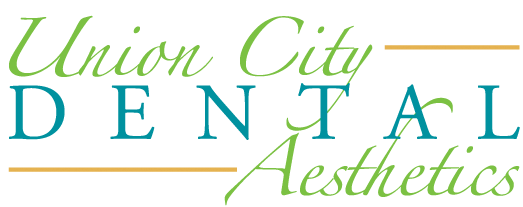As we age, taking care of our oral health becomes increasingly vital. Dental issues can impact not only our teeth but also our overall well-being. In this article, we'll explore the importance of senior dental care and provide valuable insights to help seniors maintain their oral health as they gracefully navigate their golden years.
The Significance of Senior Dental Care
Senior dental care goes beyond just maintaining a beautiful smile; it plays a critical role in preserving health and quality of life. Here's why it's crucial:
Oral Health and Systemic Health: Oral health is intimately connected to overall health, especially in seniors. Neglected dental issues can lead to more severe health problems, including heart disease, diabetes, and respiratory infections. Regular dental check-ups and preventative measures are essential to prevent these complications.
Preservation of Natural Teeth: Many seniors wish to keep their natural teeth for as long as possible. With proper dental care, this is entirely achievable. Regular cleanings, check-ups, and good oral hygiene practices can help seniors maintain their natural teeth and avoid tooth loss.
Enhanced Quality of Life: A healthy mouth is essential for eating and speaking comfortably. Seniors with dental problems may face challenges in consuming a balanced diet or communicating effectively. Proper senior dental care ensures that these basic functions are not compromised.
Key Aspects of Senior Dental Care
Regular Dental Check-ups: Routine dental check-ups are the cornerstone of senior dental care. These appointments allow dentists to detect and address dental issues early, preventing them from escalating into more significant problems. Your dentist will assess your oral health, perform cleanings, and provide guidance on proper oral hygiene practices.
Oral Hygiene Practices: Seniors should maintain a robust oral hygiene routine. This includes brushing with fluoride toothpaste at least twice daily, flossing to remove plaque and food debris, and using an antimicrobial mouthwash. Seniors with mobility issues may consider assistive devices like electric toothbrushes or floss holders for ease of use.
Dietary Choices: Nutrition is a crucial component of senior dental care. A balanced diet rich in calcium and vitamin D supports strong teeth and bones. Seniors should limit the consumption of sugary and acidic foods, which can contribute to tooth decay. Staying hydrated is also vital for maintaining oral health.
Medication Awareness: Many seniors take medications that can have oral side effects, such as dry mouth or gum problems. It's essential to inform your dentist about any medications you're taking to address potential issues and find suitable solutions.
In conclusion, senior dental care is a fundamental component of overall well-being for older individuals. It not only ensures oral health but also contributes to systemic health and an improved quality of life. By prioritizing regular dental check-ups, maintaining proper oral hygiene, making informed dietary choices, and staying medication-aware, seniors can enjoy the benefits of ageless smiles and excellent oral health throughout their golden years.

